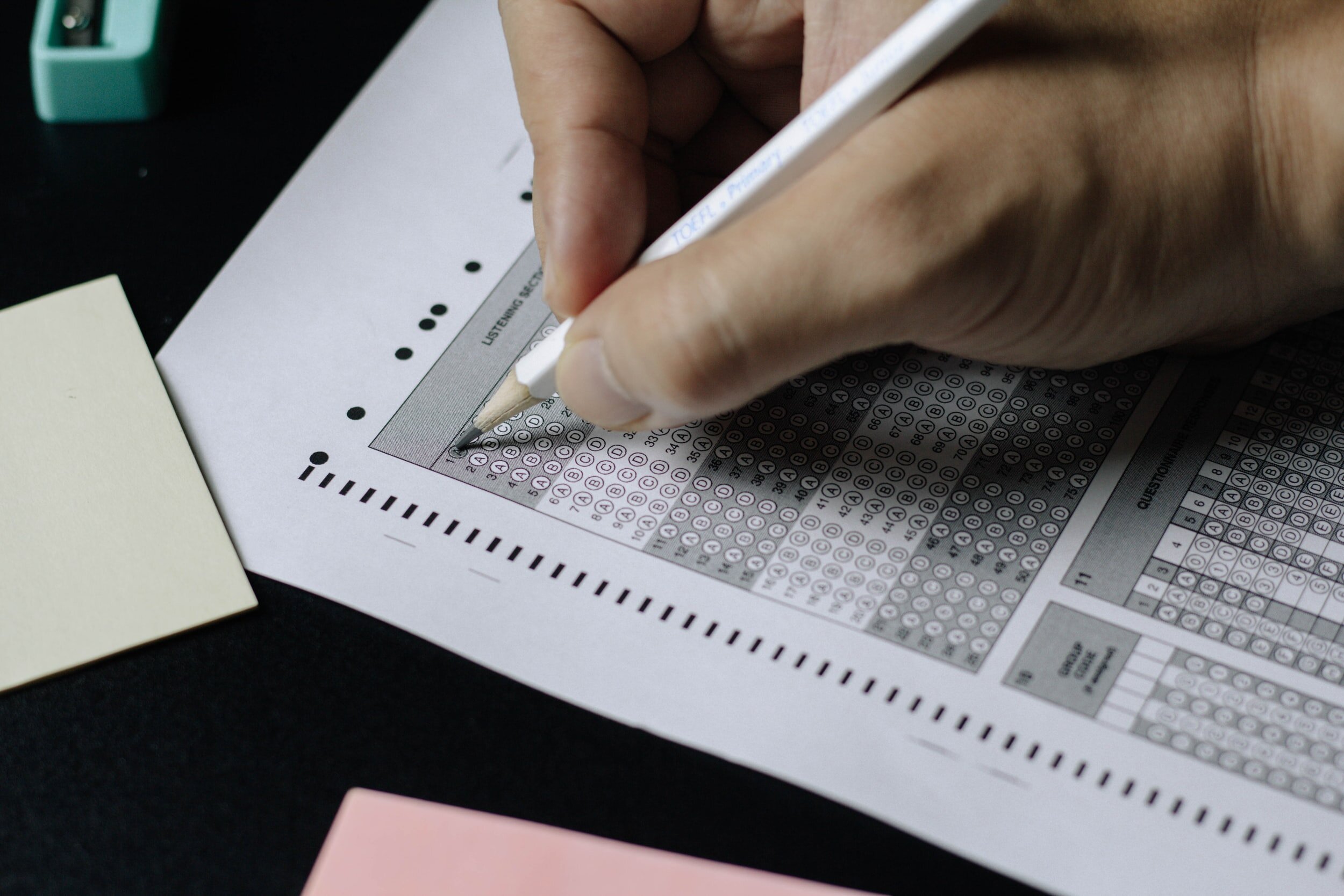The hot seat: How to manage exam stress in Singapore
Date: Wednesday, March 30, 2022The hot seat: How to manage exam stress in Singapore

School, Papers, Stressors
One would think that with all the years we spend studying we would be better at handling the stress that come with exams. Sadly many of us never learn to do anything more than suppress the roiling nervousness and mind fog that come with test anxiety. This is only exacerbated by the high stakes education system in Singapore, where one’s future seems to hang on a single grade.
It is little wonder then that students of all ages experience an overwhelming feeling of pressure before exams - crippling fearing, restless nights, and an inability to concentrate or perform to the best of their ability, and then worrying about outcomes and the failure to meet expectations when the tests are over.
The psychophysical aspects of stress - anxiety, disturbed sleep, irritable moods, fatigue, etc., can not only impair test performance but have significant effect on our everyday lives if left unchecked.
It is important to note that not all stress is bad. ‘Eustress’ or good stress, compared to ‘dis-stress can promote energy and focus, pushing us towards optimal performance. This means a good amount of stress can drive us to meet deadlines and produce quality work under time constraints.
So, how can we find the balance point to best optimize stress management? Below are some evidence-based suggestions to help you effectively manage exam stress
1. Set realistic expectations. Having unrealistic expectations bring with it unnecessary pressure and expectations that only threaten self-confidence and inevitable disappointment. On the other hand, taking the time to set clear, concrete, achievable goals not only make things seem more manageable and approachable but offer opportunities to celebrate and affirm progress and small wins. This enables steady improvement over time and ensures consistency – all significant factors in moving towards success.

2. Get organised and be consistent.
On a related note, taking the time to set a daily plan is an essential step most often overlooked. Having a study timetable with fixed time for each subject helps to break down a big task into smaller and more manageable pieces. Studies have shown that spaced studying – spacing out a variety of subjects over the duration of exam preparation is more effective than studying the same material all at once (e.g., spend one hour for each subject everyday instead of spending 8 hours on one subject in one day).
3. Take breaks and schedule in fun time. We often say “to rest is to walk further.” Cliché much? Turns out there is good evidence behind this. On-going research has found that we have really short attention span with our ability to pay focused attention lasting anywhere from 10 to 15 minutes, to less than 10 seconds (shocking, I know). The point is our brain is unable to learn at an optimal condition without structuring in breaks. It is just as important to be disciplined about our breaks as we are about our work. So, take a break and give yourself the permission to play after an hour of studying. Get up and move once the hour is up. Go for a power walk, run, listen to your favourite tracks or have a quick chat with your friends. Whatever the activity, have fun!
4. Ask for help. There is nothing to be embarrassed about asking for help, as no one is so perfectly capable of doing everything on his/her own. While we might feel uneasy in asking for assistance, or struggle with the sense that we are surrendering autonomy and control, sometimes the most independent and self-aware thing we can do for ourselves is to reach out and seek support. Sharing details of your problems and feelings with people you trust also invites collaboration, strengthening relationships in the process, and who knows, you might also end up being able to extend support to others.
5.Be kind to yourself. We all have an inner critic reminding us of our mistakes and that we might be no good. Too often, we let this voice weighs us down, forgetting that in doing so we succumb to our worst fear. Taking the time to be kind with ourselves and acknowledging the effort we are putting in despite the challenges lends us a new, kinder, more supportive space to work from, and is ultimately more helpful in cultivating resilience and moving us towards our goals.
Contributed By: The Mind Collected
https://www.themindcollected.com/journal/how-to-not-feel-anxious-659wp